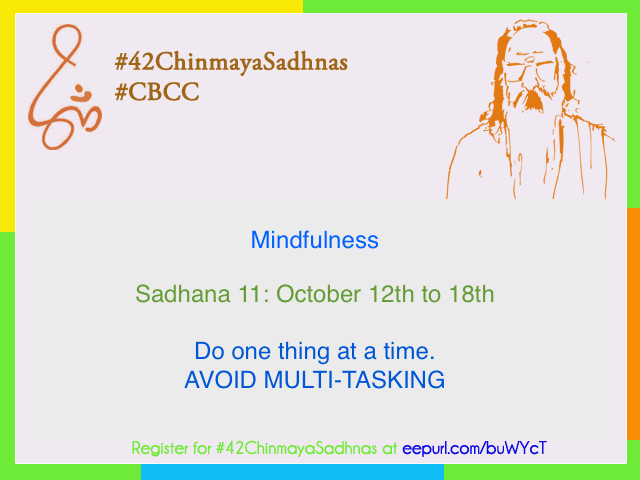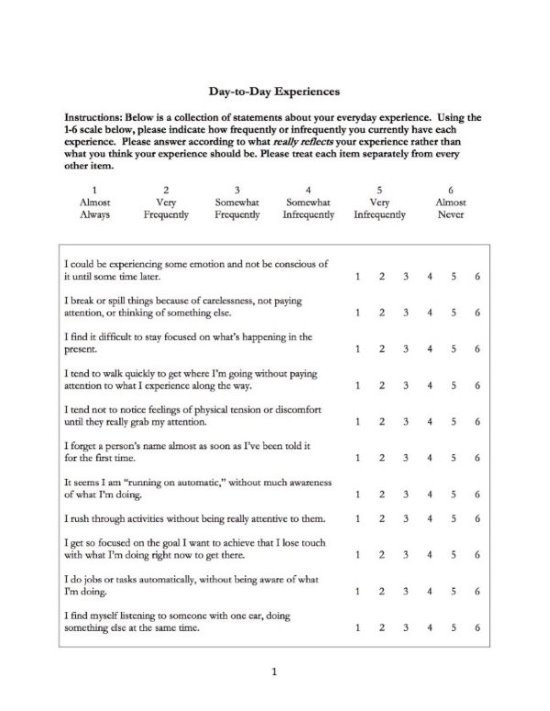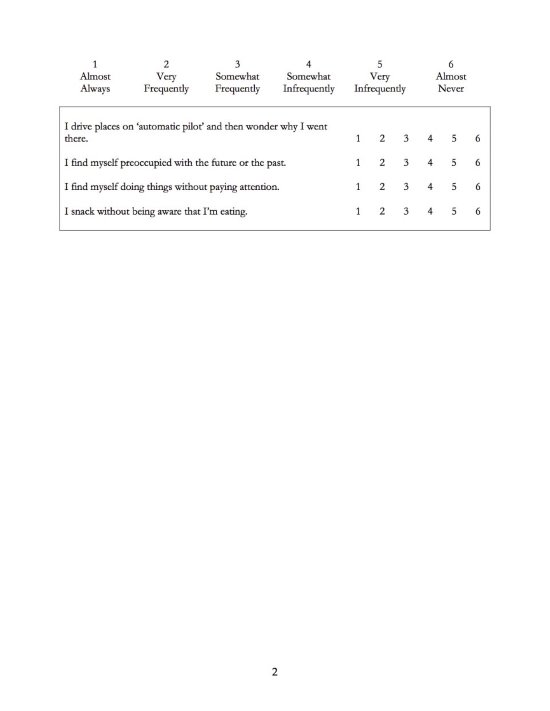Sadhana 11: Mind Level - Mindfulness
Do one thing at a time. Avoid Multi-tasking
Quote:
“Bring your mind where your hands are.” – Swami Chinmayananda
Watch a video of Swami Chinmayananda: https://youtu.be/ts2SEZhnmXQ

What is the Mind?
Mind is a flow of thoughts, like river is a flow of water. – Sw.Chinmayananda
What Mindfulness is not?
Doing everything slowly
Blank mind
Relaxation
Concentration / Trance
Becoming emotionless
Withdrawing from life.
What is Mindfulness?
Bring your mind where your hands are.
Complete Awareness of the Present (external & internal) with Acceptance & Trust.
At its simplest, mindfulness means being aware of what you are doing while you are doing it.
This means being aware that you are breathing, walking, driving, running making a phone call, cooking a meal and so on.
When you have thoughts, notice that you have thoughts and come back to awareness of what you are actually doing(incase you are doing).
When you are emotional just notice the emotion – not trying to deepen it and not trying to push it away – and come back to awareness of what you are doing (incase you are doing).
The Myth of Multi-Tasking:
Multi-tasking is a self-development urban myth. You simply cannot do it efficiently no matter what manufacturers of smart phones want you to believe.
According to the University of Utah, there are a few people (about 2.5% of the population) who can do two things consciously* at once without seeing any degradation in performance. They are called super-taskers.
However, for most people all the brain is doing is going backwards and forwards very quickly and giving the illusion of multi-tasking. The reality is performance is inhibited by this approach not improved.
Watch the following videos:
Multi-tasking is a myth: https://vimeo.com/101204482
The brain cannot simply multi-task: https://www.youtube.com/watch?v=xO_oEGHWSMU
Measure your Mindfulness:
Download the 2 pictures enclosed below and measure your mindfulness. Follow the instructions and answer sincerely by circling the number that is most appropriate. At the end of the test, total the numbers you have circled. Greater marks means greater mindfulness.
Practicing Mindfulness:
Beginners
1. Do one thing at a time. Single-task, don’t multi-task. When you’re pouring water, just pour water. When you’re eating, just eat. When you’re bathing, just bathe. Don’t try to knock off a few tasks while eating or bathing or driving.
2. Do it slowly and deliberately. You can do one task at a time, but also rush that task. Instead, take your time, and move slowly. Make your actions deliberate, not rushed and random. It takes practice, but it helps you focus on the task.
3. Do less. If you do less, you can do those things more slowly, more completely and with more concentration. If you fill your day with tasks, you will be rushing from one thing to the next without stopping to think about what you do. But you’re busy and you can’t possibly do less, right? You can. It’s a matter of figuring out what’s important, and letting go of what’s not.
4. Put space between things. Related to the “Do less” rule, but it’s a way of managing your schedule so that you always have time to complete each task. Don’t schedule things close together — instead, leave room between things on your schedule. That gives you a more relaxed schedule, and leaves space in case one task takes longer than you planned.
Advanced
Do the steps mentioned above and follow any of the points given below.
5. Spend at least 5 minutes each day doing nothing. Just sit in silence. Become aware of your thoughts. Focus on your breathing. Notice the world around you. Become comfortable with the silence and stillness. It’ll do you a world of good — and just takes 5 minutes!
6. Stop worrying about the future – focus on the present. Become more aware of your thinking — are you constantly worrying about the future? Learn to recognize when you’re doing this, and then practice bringing yourself back to the present. Just focus on what you’re doing, right now. Enjoy the present moment.
7. When you’re talking to someone, be present. How many of us have spent time with someone but have been thinking about what we need to do in the future? Or thinking about what we want to say next, instead of really listening to that person? Instead, focus on being present, on really listening, on really enjoying your time with that person.
8. Eat slowly and savor your food. Food can be crammed down our throats in a rush, but where’s the joy in that? Savor each bite, slowly, and really get the most out of your food. Interestingly, you’ll eat less this way, and digest your food better as well.
9. Live slowly and savor your life. Just as you would savor your food by eating it more slowly, do everything this way — slow down and savor each and every moment.
10. Make cleaning and cooking, meditation. Cooking and cleaning are often seen as drudgery, but actually they are both great ways to practice mindfulness, and can be great rituals performed each day. If cooking and cleaning seem like boring chores to you, try doing them as a form of meditation. Put your entire mind into those tasks, concentrate, and do them slowly and completely. It could change your entire day (as well as leave you with a cleaner house).
11. Keep practicing. Mindfulness increases by practice. When you feel frustrated, just take a deep breath and “keep practicing”. Example:
When you drive around the city and come to a red light or a stop sign, you can just sit back and make use of these twenty or thirty seconds to relax — to breathe in, breathe out, and enjoy arriving in the present moment. There are many things like that we can do.
Benefits of Mindfulness:
1. Mind will be loyal and steadfast
Not like grasshopper hopping from one job, relationship, object to another …
2. Life will never be boring. Boredom is lack of attention, integration & love.
3. Conservation of physical energy & time.
To deal with changing situations, people, things....we must be in the NOW else we are dealing with images and not reality.
4. Listening & communication in relationships improves with mindfulness.
5. Sensitivity towards others’ needs is heightened
One can recognize, slow down or stop automatic and habitual reactions.
6. Respond more effectively to complex or difficult situations
7. Become more creative.
8. Achieve balance and resilience at work and home.
9. Its helps prevent the arising of unpleasant states of mind such as stress and depression, and it also helps to live with freedom, dignity and with respect for ourselves and others.
10. Develop tenacity and you become mindful in whatever you do.
.jpg)
Lets bring our mind where our hands are and offer
UNTO HIM OUR BEST




